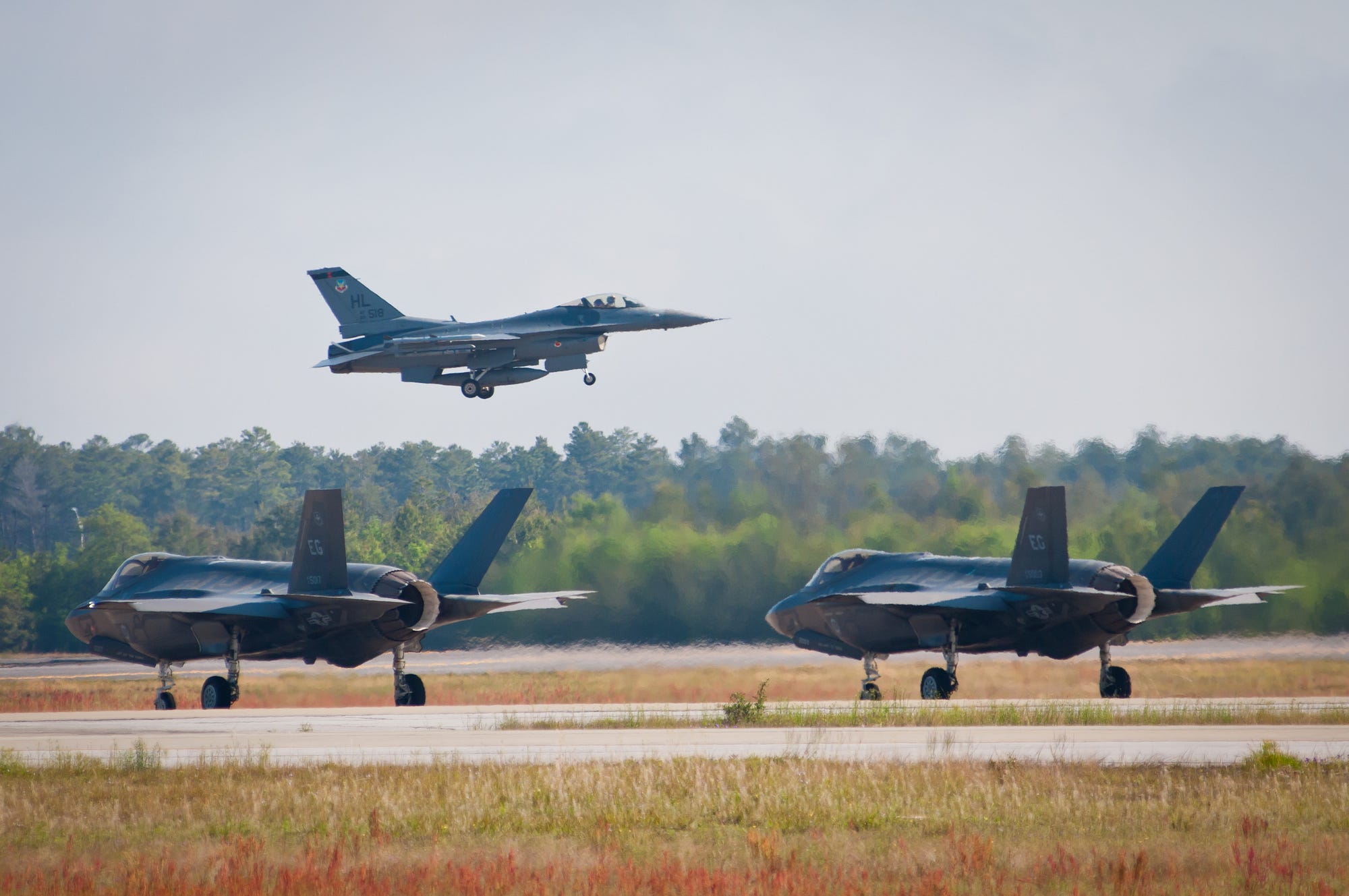 During the years following the signing of the Panchsheel Agreement, Delhi continued its efforts to champion the newly independent nations of Asia and Africa. The intellectual elite in Delhi looked at the Chinese revolution as part ‘of the great Asian Resurgence’; its politicians thought that India could enhance her image by becoming the champion of China’s cause in every possible forum and became the promoter of Beijing’s entry into the United Nations.
During the years following the signing of the Panchsheel Agreement, Delhi continued its efforts to champion the newly independent nations of Asia and Africa. The intellectual elite in Delhi looked at the Chinese revolution as part ‘of the great Asian Resurgence’; its politicians thought that India could enhance her image by becoming the champion of China’s cause in every possible forum and became the promoter of Beijing’s entry into the United Nations.
Zhou stopped in Delhi for three days and had five long sessions with Nehru. The most surprising aspect of these talks was that Tibet as well as the border problem which had been the main issues between the two nations, were not mentioned even once.
















222.jpg&container=blogger&gadget=a&rewriteMime=image%2F*)









